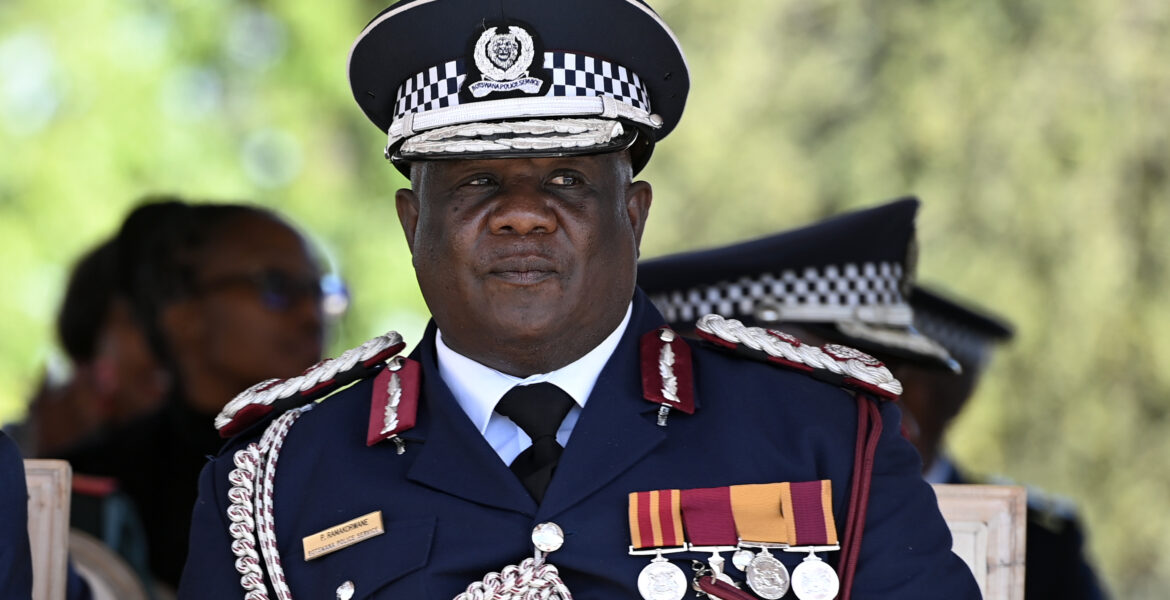… but the police are not saying much because the matter is now with DPP
GAZETTE REPORTER
The high-profile dispute surrounding the Phase 2 safe house where 10 armed robbers met their end has escalated to court.
The Acting Commissioner of Police, Phemelo Ramakorwane has confirmed the development but did not elaborate, saying he was loath to do so because the case is being handled by the Directorate of Public Prosecutions (DPP).
Uncertainty
“I cannot comment on the status of the house where the shootout happened,” he said at a press conference recently. “The matter is now before the DPP and making comments on the issue may jeopardise her case.”
The dispute remains shrouded in uncertainty because while many believed that the elimination of the suspects believed to have been involved in a cash heist had brought closure to the case, curiosity about the condition of the house persist.
Following the fatal shootings, it came to light that the owner of the property filed a formal complaint with the Ministry of Defence and Security, alleging vandalism and neglect of his property.
Keys to the property
At some point it was reported that the owner of the property had not accepted the keys to the property from the only survivor of the incident.
Sources spoke of extensive damage to the property, including vandalism and bloodstains. The owner’s grievances also extend to the manner in which the police returned the crime scene.
One complicating factor is the revelation that one of the suspects was a tenant in the house.
Not always the case
However, some law enforcement officials have suggested that the property owner might have been aware of the criminal activities taking place in the house, potentially making him an accessory to the alleged crimes.
Typically, after a police raid on a suspected criminal hideout resulting in damage, the law enforcement agency involved is responsible for ensuring that the affected property is restored to its original state.
But experts say this depends on several factors and that it is not always the case that liability falls on the law enforcement agencies involved.

